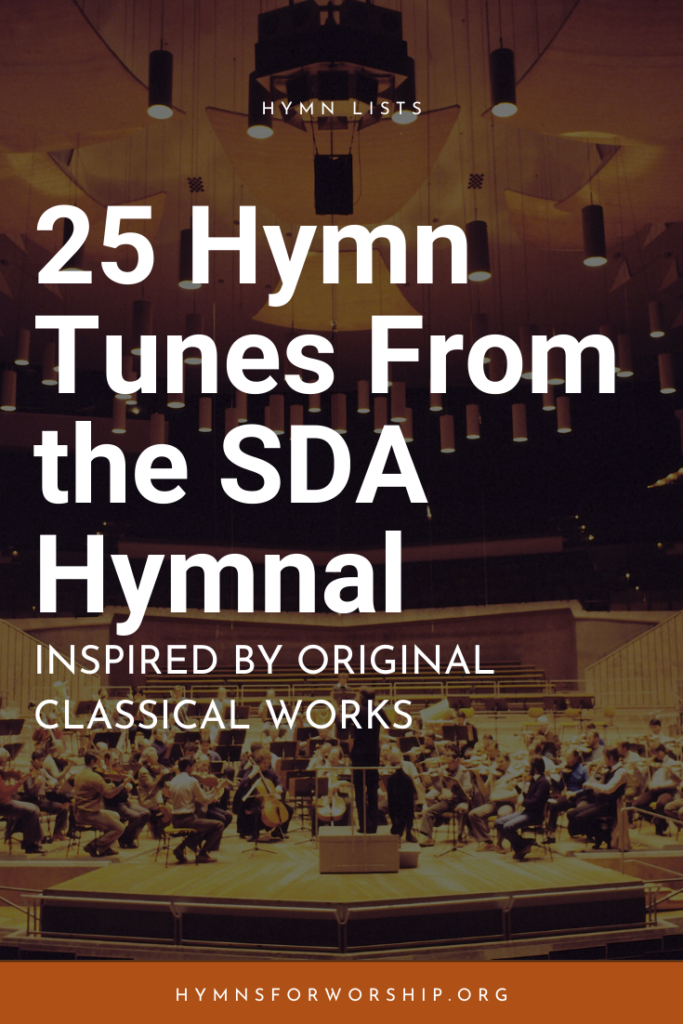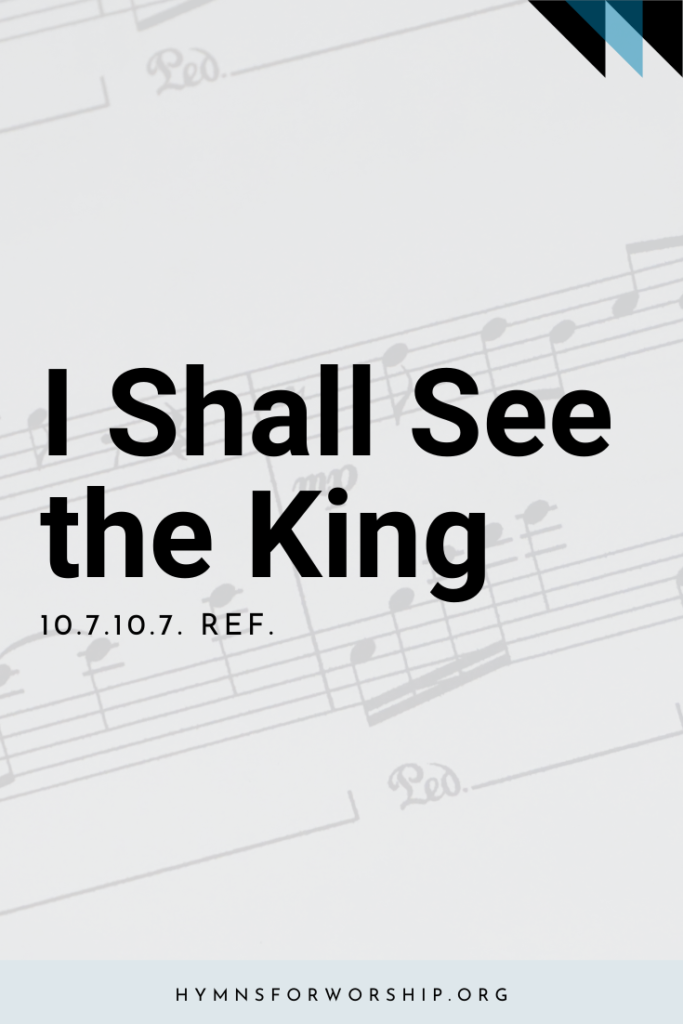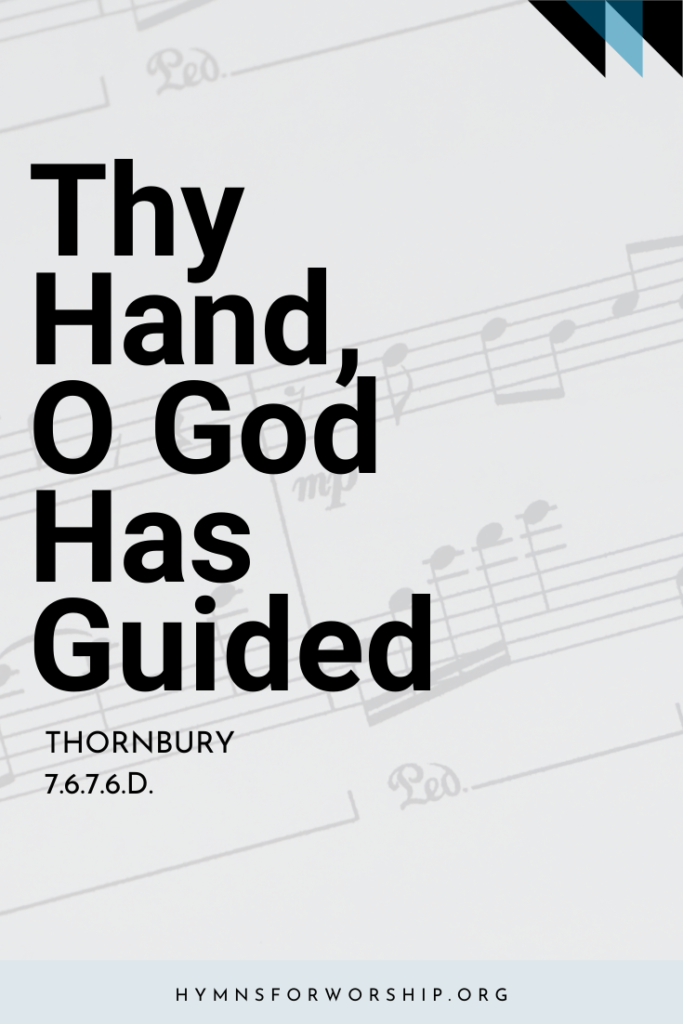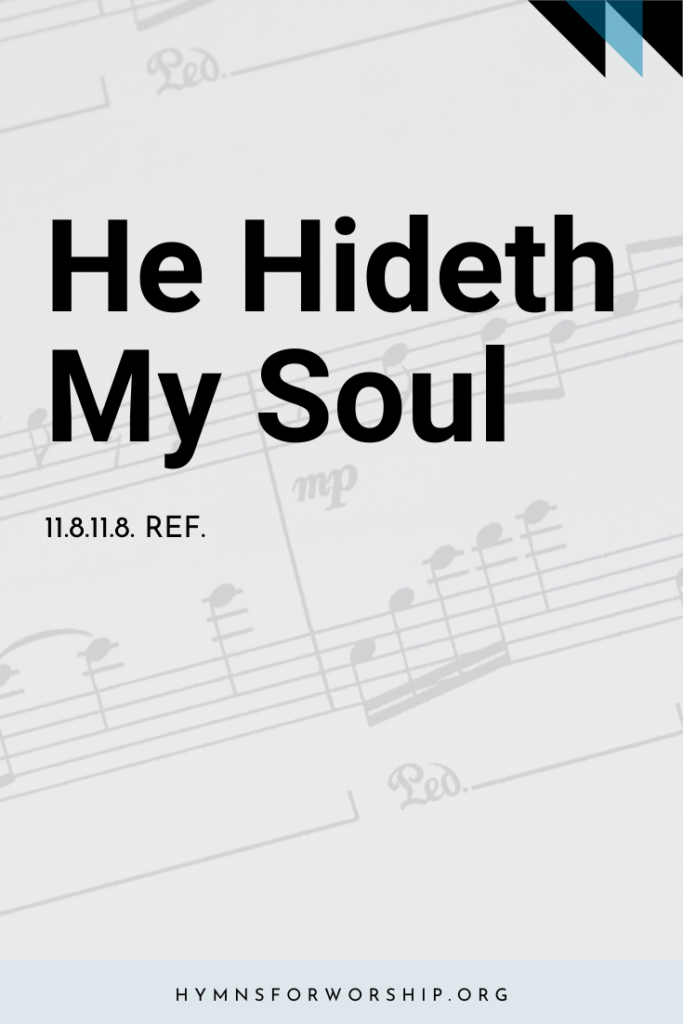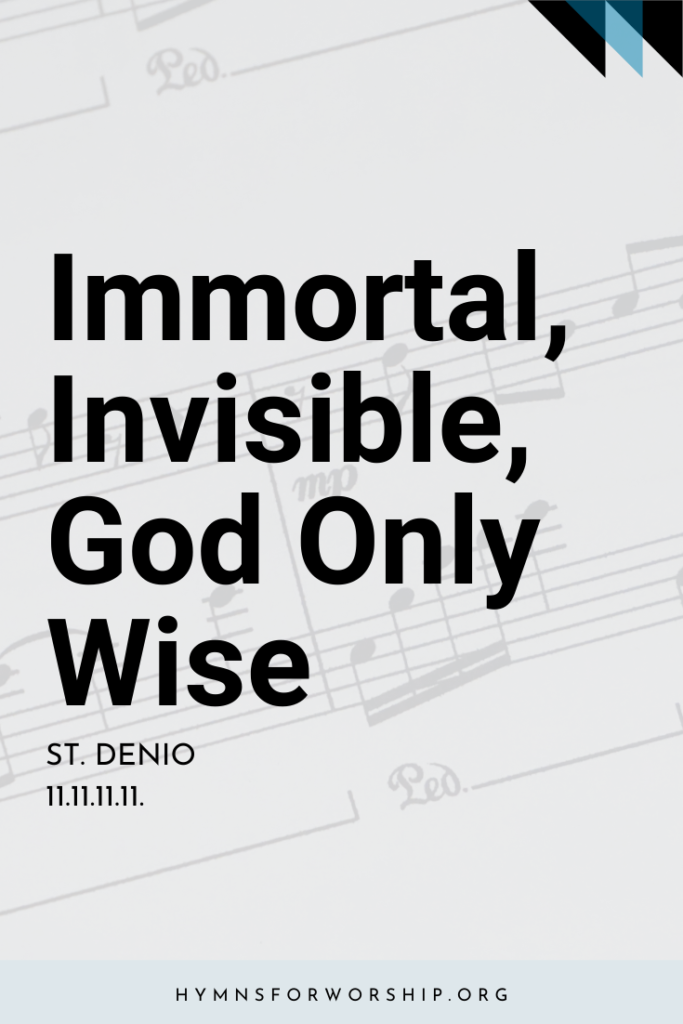JESUS CHRIST >> Birth
SDAH 122
Hark! the herald angels sing,
“Glory to the new born King,
peace on earth, and mercy mild,
God and sinners reconciled!”
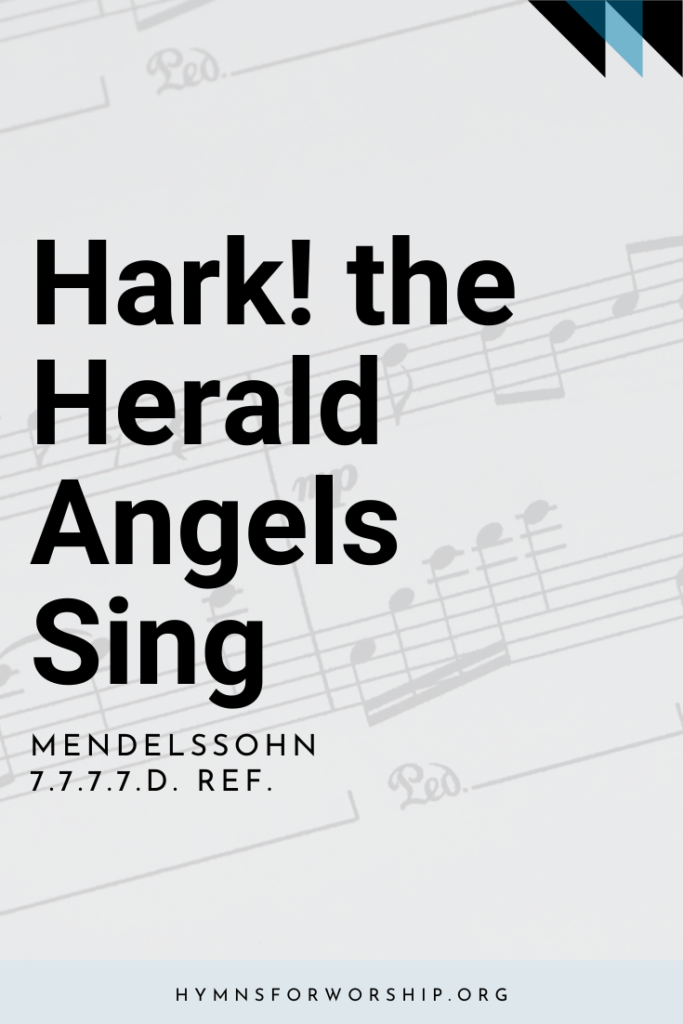
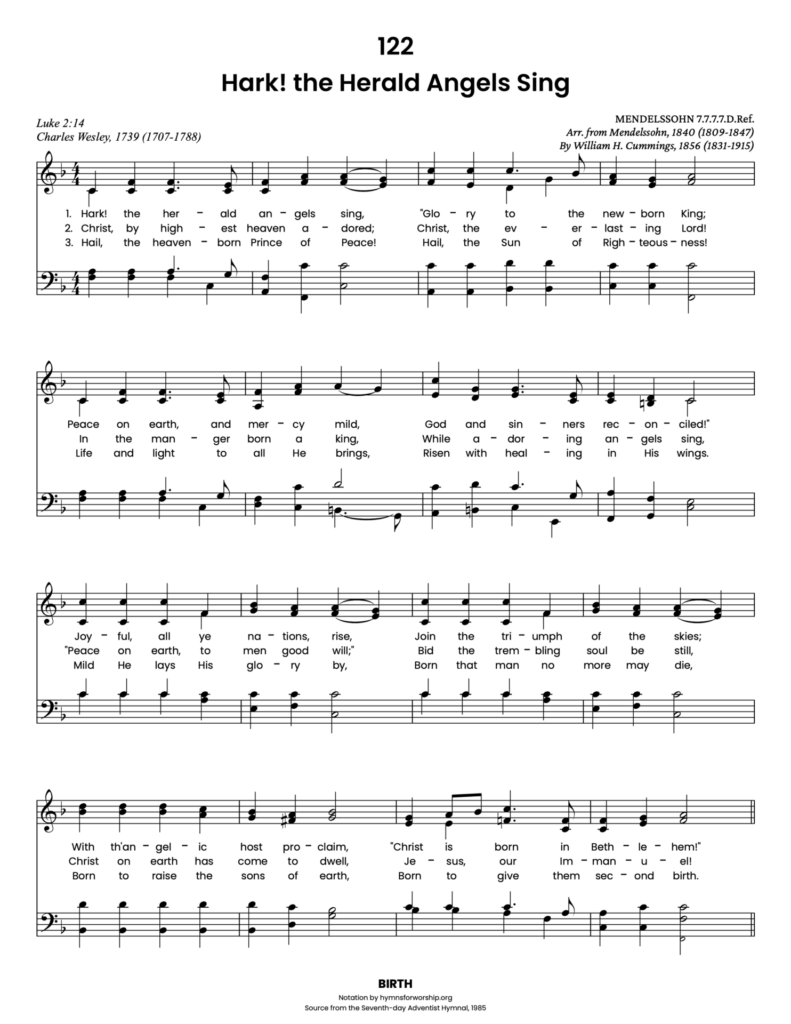
Get the hymn sheet in other keys here
For Worship Leaders
Make each hymn more meaningful with these helpful tools: Short, ready-to-use hymn introductions for church bulletins, multiple ways to introduce a hymn based on your worship theme and in-depth history and insights to enrich your song service.
Hymn Spotlight: Hark! the Herald Angels Sing
Originally titled “Hymn for Christmas Day”, this joyful carol was penned by Charles Wesley in 1739. His first line, “Hark, how all the welkin rings,” was later changed to the now-beloved “Hark! the herald angels sing” by evangelist George Whitefield. In 1782, editors added the familiar refrain we sing today.
The triumphant tune we know so well wasn’t originally meant for church music! It comes from a piece by composer Felix Mendelssohn, written in 1840 to celebrate the invention of the printing press. William H. Cummings adapted it for Wesley’s words in 1856—despite Mendelssohn’s own belief that it wouldn’t suit sacred lyrics!
As we sing, may we echo the angels’ message of peace and glory, rejoicing in the birth of our Savior with hearts and voices lifted high.


Text
1
Hark! the herald angels sing,
“Glory to the new born King,
peace on earth, and mercy mild,
God and sinners reconciled!”
Joyful, all ye nations rise,
join the triumph of the skies;
with th’ angelic host proclaim,
“Christ is born in Bethlehem!”
Hark! the herald angels sing,
“Glory to the new born King!”
2
Christ, by highest heaven adored;
Christ, the everlasting Lord;
late in time behold him come,
offspring of a virgin’s womb.
Veiled in flesh the Godhead see;
hail th’ incarnate Deity,
pleased with us in flesh to dwell,
Jesus, our Emmanuel.
Hark! the herald angels sing,
“Glory to the new born King!”
3
Hail the heaven-born Prince of Peace!
Hail the Sun of Righteousness!
Light and life to all he brings,
risen with healing in his wings.
Mild he lays his glory by,
born that we no more may die,
born to raise us from the earth,
born to give us second birth.
Hark! the herald angels sing,
“Glory to the new born King!”

Hymn Info
Biblical Reference
(a) Luke 2:13-15 (b Isa 9:6; Luke 2:12, 14; Matt 1:23 (c) Mal 4:2; Phil 2:7; John 3:7
Author
Charles Wesley (1707-1788)
Year Published
1788
Theme
BIRTH OF JESUS
Hymn Tune
MENDELSSOHN
Metrical Number
7.7.7.7.D.Ref.
Arranger / Harmonized / Paraphrased
Arr. from Mendelssohn, 1840 (1809-1847) by William H. Cummings, 1856 (1831-1915)
Watch
Recommended Reading
Charles was the other Wesley. Alongside his brother John who was considered the main guy behind the founding of Methodism, it was Charles’ hymns that pushed through the envelope of being “just another religion.” His lasting and well-known hymns have captivated Christians all around the world. Through his poetic lines, we are able to sing many hymns with such deep theology.
It was said that he wrote 8,989 hymns. That’s 10 lines of poetry every single day for 50 years. And we are privileged to have sung some of those hymns. Tell me, don’t these hymns ring a bell for you?
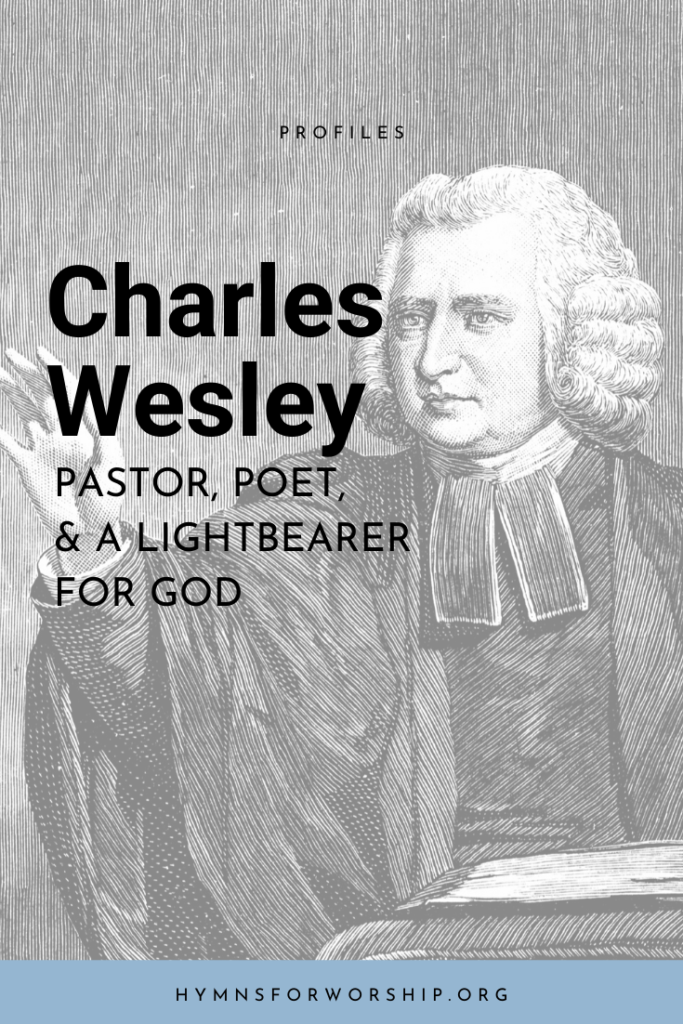
Charles was the other Wesley. Alongside his brother John who was considered the main guy behind the founding of Methodism, it was Charles’ hymns that pushed through the envelope of being “just another religion.” His lasting and well-known hymns have captivated Christians all around the world. Through his poetic lines, we are able to sing many hymns with such deep theology.
It was said that he wrote 8,989 hymns. That’s 10 lines of poetry every single day for 50 years. And we are privileged to have sung some of those hymns. Tell me, don’t these hymns ring a bell for you?
